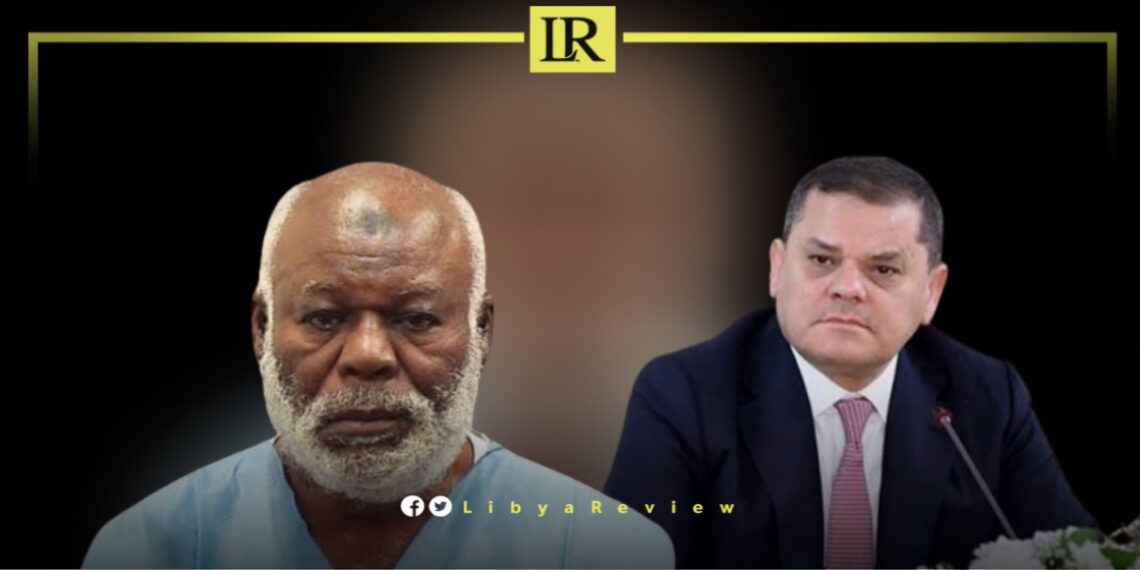On Monday, the family of Abu Ajila Masoud Al-Marimi filed a lawsuit against Libyan Prime Minister Abdul Hamid Dbaiba and the Foreign Ministry at the International Criminal Court (ICC) in The Hague. The lawsuit accuses Dbaiba’s government of unlawfully extraditing Al-Marimi to the United States, violating Libyan sovereignty and due process.
Abu Ajila Masoud Al-Marimi, a former Libyan intelligence officer, was accused of involvement in the 1988 Lockerbie bombing, which killed 270 people.
In December 2022, Libyan authorities handed him over to the U.S., where he faces charges related to the attack. His extradition triggered widespread outrage in Libya, with many calling it a politically motivated move that disregarded legal and diplomatic agreements.
The Al-Marimi family argues that the extradition violated Libya’s laws and that the case had already been settled under a 2008 agreement between Libya and the U.S., which was intended to resolve outstanding legal issues related to the Lockerbie incident. The family is demanding accountability, accusing Dbaiba and his administration of bypassing the Libyan judicial system to comply with foreign demands.
The US Embassy in Libya defended the extradition, stating that it was conducted legally and in full cooperation with Libyan authorities. However, many Libyan political factions, legal experts, and human rights organizations have condemned the move, arguing that it was done without judicial oversight and undermined Libya’s sovereignty.
This ICC lawsuit adds another layer of controversy to Libya’s already fragile political climate. If the case proceeds, it could have serious implications for Libya’s legal standing and international relations. The controversy also raises concerns about Dbaiba’s leadership, with critics accusing him of prioritizing foreign interests over Libya’s national sovereignty.


